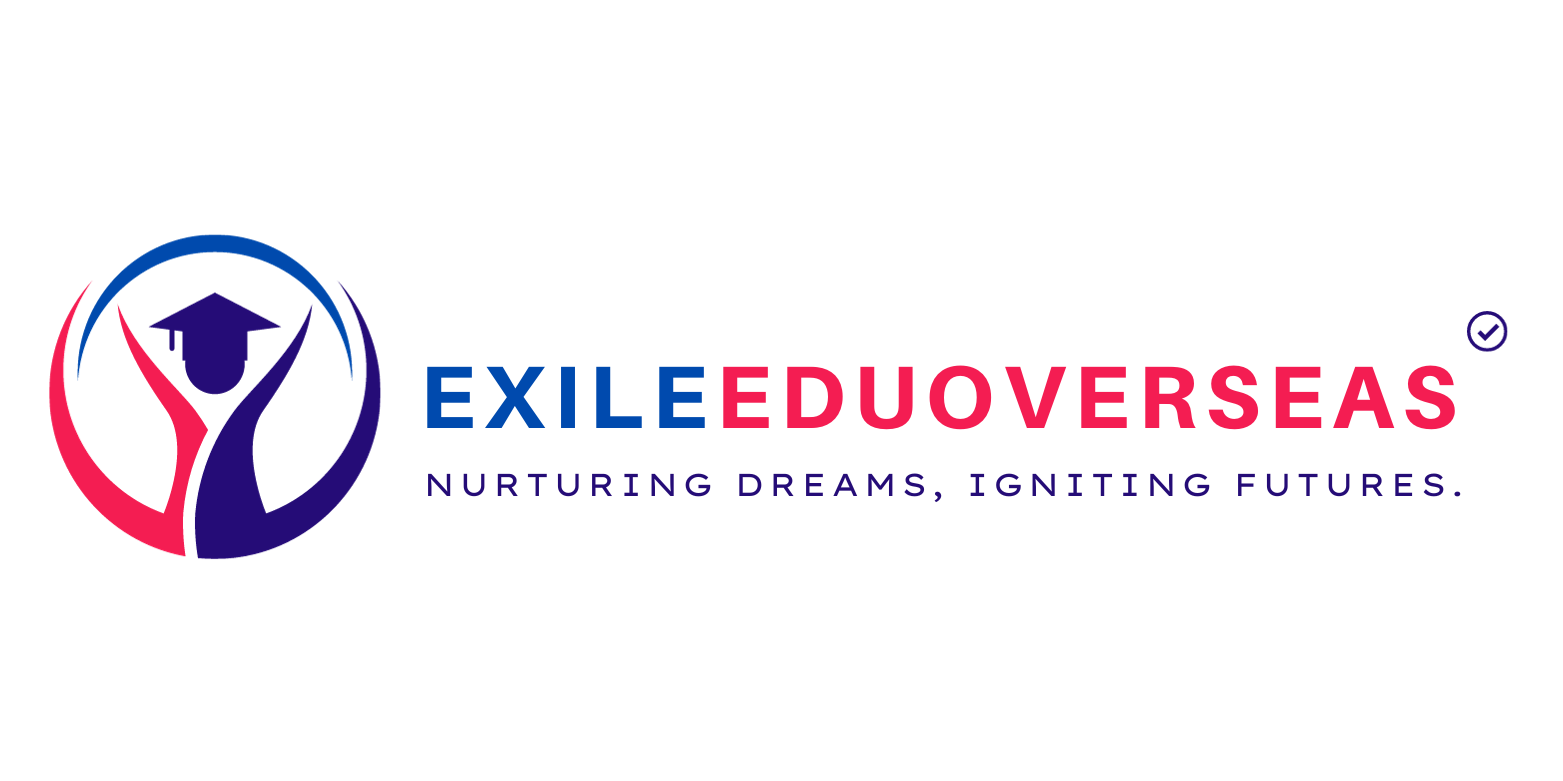
Study In Netherlands
Studying in the Netherlands can be a rewarding experience. Here are the admission requirements, visa processes, and details you should know.
Admission Requirements
- Choose a Program: Select a program and university in the Netherlands that aligns with your academic and career goals.
- Academic Qualifications: Provide evidence of your previous academic qualifications, such as high school diplomas or transcripts. For master’s programs, a bachelor’s degree is required.
- Language Proficiency: Demonstrate proficiency in English or Dutch through standardized tests like IELTS or TOEFL (for English) or NT2 (for Dutch-taught programs).
- Application Process: Apply directly to the university of your choice through their online application portal. Some programs may also require additional documents like a CV, letters of recommendation, and a statement of purpose.
- Portfolio or Audition (if applicable): Some programs like art, design, or performing arts may require a portfolio or audition as part of the application process.
- Entrance Exams (if applicable): Certain programs may require additional standardized tests (e.g., GMAT, GRE) for admission.
Visa Process
- Acceptance Letter: Once accepted by a Dutch institution, you’ll receive an acceptance letter.
- Check Visa Requirements: Confirm if you need a student visa to study in the Netherlands based on your nationality.
- MVV or Residence Permit Application: Apply for an MVV (Machtiging tot Voorlopig Verblijf) at the Dutch embassy or consulate in your home country. This is a provisional residence permit.
- Health Insurance: Purchase health insurance that meets Dutch requirements.
- TB Test (if applicable): Some nationalities need to undergo a tuberculosis test.
- Arrival in the Netherlands: Travel to the Netherlands and apply for a residence permit (VVR) within three days of arrival at the Immigration and Naturalization Service (IND) desk.
- Biometric Information: Provide biometric information (fingerprints and photo) at an IND office in the Netherlands.
- Registration with the Municipality: Register at the local municipality where you will be residing in the Netherlands.
Details
- Tuition Fees: Tuition fees vary depending on the program and institution. EU/EEA students generally pay lower fees than non-EU/EEA students.
- Cost of Living: The average monthly cost of living in the Netherlands is approximately €800 to €1,200, covering accommodation, food, transport, insurance, and other personal expenses.
- Work Opportunities: Non-EU/EEA students are allowed to work part-time during the academic year and full-time during holidays. EU/EEA students have unrestricted work rights.
- Healthcare: International students must have health insurance. If you’re an EU/EEA student, make sure to bring your European Health Insurance Card (EHIC).
- Scholarships: There are various scholarships available for international students in the Netherlands. Check with the specific university or explore scholarship databases.



